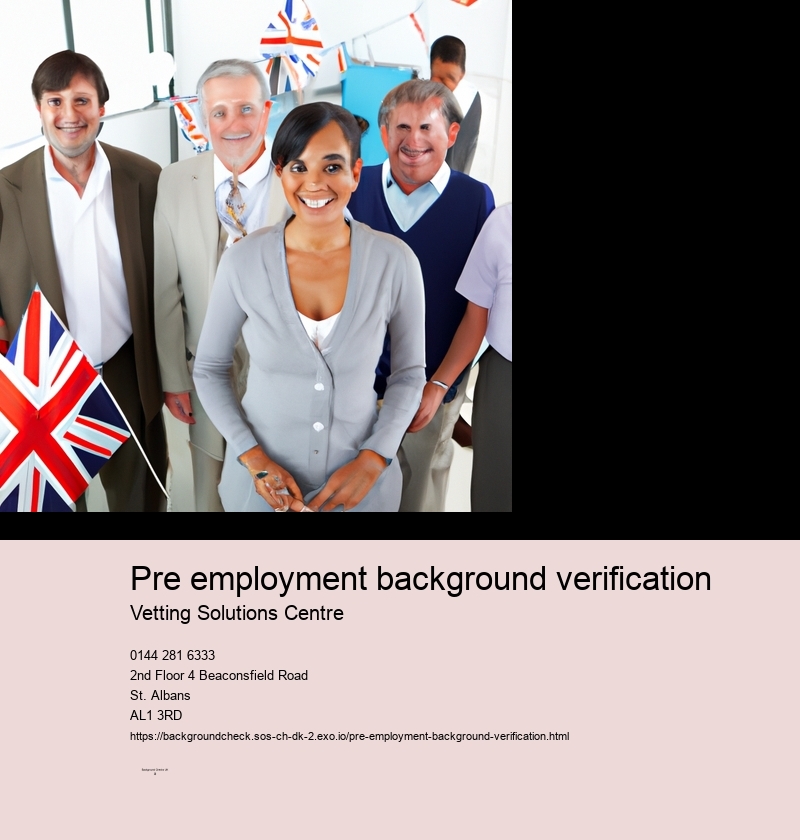pre employment background verification
digital identity
By conducting thorough DBS checks, employers can manage risks, adhere to regulatory standards, and create a secure work environment for their team. Prioritizing preemployment screening through DBS checks isn't only a legal obligation but also a proactive step towards safeguarding the wellbeing of employees.
Conducting detailed and thorough background checks is becoming an increasingly important practice for employers, HR professionals, and recruiters. Verifying applicant credentials according to documented policies is crucial.
Pre employment background verification - discrimination
- health
- bankruptcy
- manslaughter
To sum up, understanding the various types of background checks available in the UK is crucial for both individuals and employers. Whether you're seeking to confirm your own record or screen potential employees, being aware of the intricacies of DBS checks can help guarantee safety and security.




